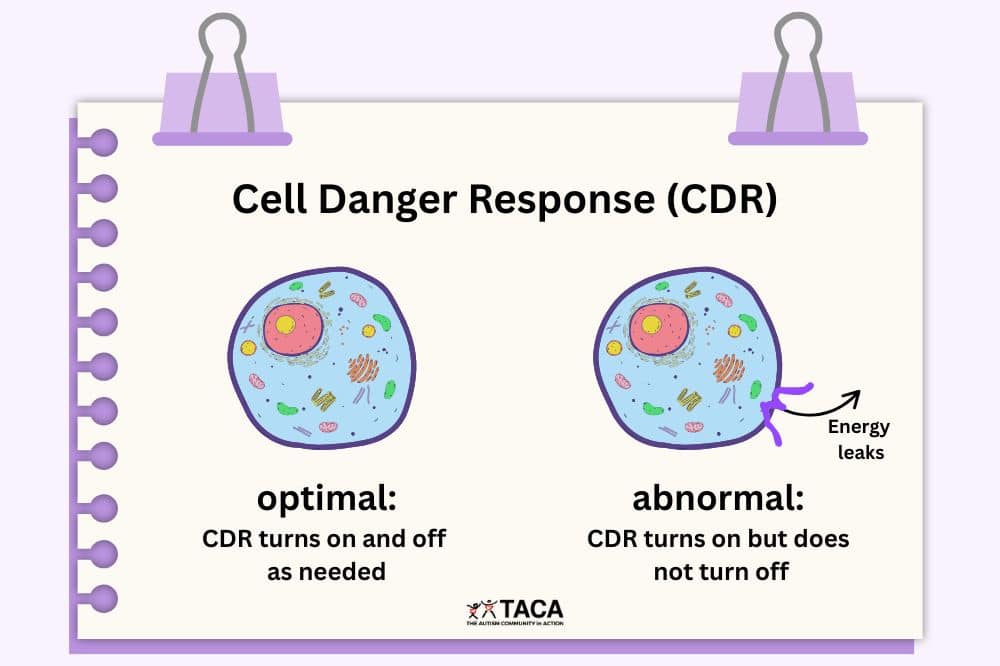Special Needs Trusts

All contents of this resource were created for informational purposes only and are not intended to be a substitute for professional advice, diagnosis, or treatment. Always seek the advice of your physician, therapist, or other qualified health providers with any questions or concerns you may have.
Do you have a loved one with special needs that requires long-term care, support, and assistance? If so, it’s important to understand the specific legal requirements to ensure their secure future. A Special Needs Trust (SNT) is a tool designed to protect assets while still allowing your loved one access to critical services. In this article, we will explain the following:
- What is a Special Needs Trust (SNT)
- Types of SNTs
- How to set one up
- Tax implications
As caregivers of someone with autism or other special needs, it’s imperative to understand all the available options when planning for their financial security and well-being.

What is a Special Needs Trust?
A special needs trust is a type of trust that is designed to benefit individuals with disabilities.
- It holds assets that can be used to provide support and care for the beneficiary.
- Most importantly, it does not impact their eligibility for government benefits such as Medicaid or Supplemental Security Income (SSI).
- SNTs may be used to pay for medical bills, housing, and education.
- Typically created by parents or other family members of individuals with disabilities.
- However, it can also be established by the individual themselves.
- A trustee manages the trust.
- The trustee may be a family member, friend, professional trustee, or court-appointed.
- It is common to use more than one trustee.
- The trustee is responsible for disbursing funds from the trust in the best interest of your loved one.
Types of Special Needs Trusts
Special needs trusts are created to protect assets for individuals with disabilities or special needs. There are different types of special needs trusts, each serving a unique purpose.
- The first type is called a first-party trust or a self-settled trust.
- This one is made with money from the beneficiary.
- The second type is called a third-party trust.
- It’s made with money from someone other than the beneficiary.
- The third type is a pooled trust.
- This is where multiple individuals with special needs contribute funds to a trust managed by a non-profit organization.
- Each type of trust has its own benefits and drawbacks.
- Working with an experienced attorney is essential to determine which option is best for your situation.

How to Set Up
If you have a loved one with special needs, setting up a special needs trust can be an important part of ensuring they receive the care and financial support they need throughout their lifetime.
- First, consult with an attorney specializing in estate planning and special needs trusts.
- Each state has different requirements for establishing a special needs trust.
- An attorney can help you navigate the legal requirements and draft a trust that meets the specific needs of your loved one.
- Next, you will also need to choose a trustee who can manage the trust funds and make decisions that are in the best interest of your loved one.
- Write a Letter of Intent for your trustee(s)
- While this document is not legally binding, it allows parents to express how they wish their child to be cared for, including medical, educational, psychological, and spiritual needs and goals.
- Most importantly, consider the long-term financial needs of your loved one, including their ongoing medical expenses and potential changes in their care requirements.
Types of Assets Used to Fund a Special Needs Trust
When it comes to funding a special needs trust, it’s important to understand the different types of assets that can be used.
- Some common examples include cash, stocks, bonds, real estate, and even life insurance policies.
- Using personal property such as artwork, jewelry, or other valuables is also possible.
- It is important to remember that anyone who leaves money or other assets to your child in their will at their death should leave it to the Special Needs Trust, not directly to your child.
- However, it’s important to note that not all assets are appropriate for a special needs trust, and certain rules and regulations must be followed.
- For example, funds from a retirement account such as a 401(k) or IRA may have restrictions on their use.
- Consulting with a financial advisor or attorney who specializes in special needs planning can help determine the best options for funding a trust.
Tax Implications
When establishing and maintaining a special needs trust, it is important to understand the potential tax implications.
- While the trust may be exempt from income tax, there are still certain tax considerations to keep in mind.
- For example, the trust must report any money it earns on a tax return. When the beneficiary dies, the trust also might have to pay taxes.
- It is important to get help from an expert lawyer or financial advisor. This will help make sure the trust pays less taxes and meets the needs of the person who will get it.
Conclusion
Ultimately, when setting up a Special Needs Trust, it is important to talk to experts. They can help you decide if this trust is right for you and your family. A trust can help people with disabilities get the care they need. But you need to know how money in the trust is managed and if taxes must be paid.
Further Reading
TACA’s article on ABLE Accounts
The Arc – Special Needs Trusts
The American College of Trust and Estate Counsel (ACTEC) – Understanding Special Needs Trusts




